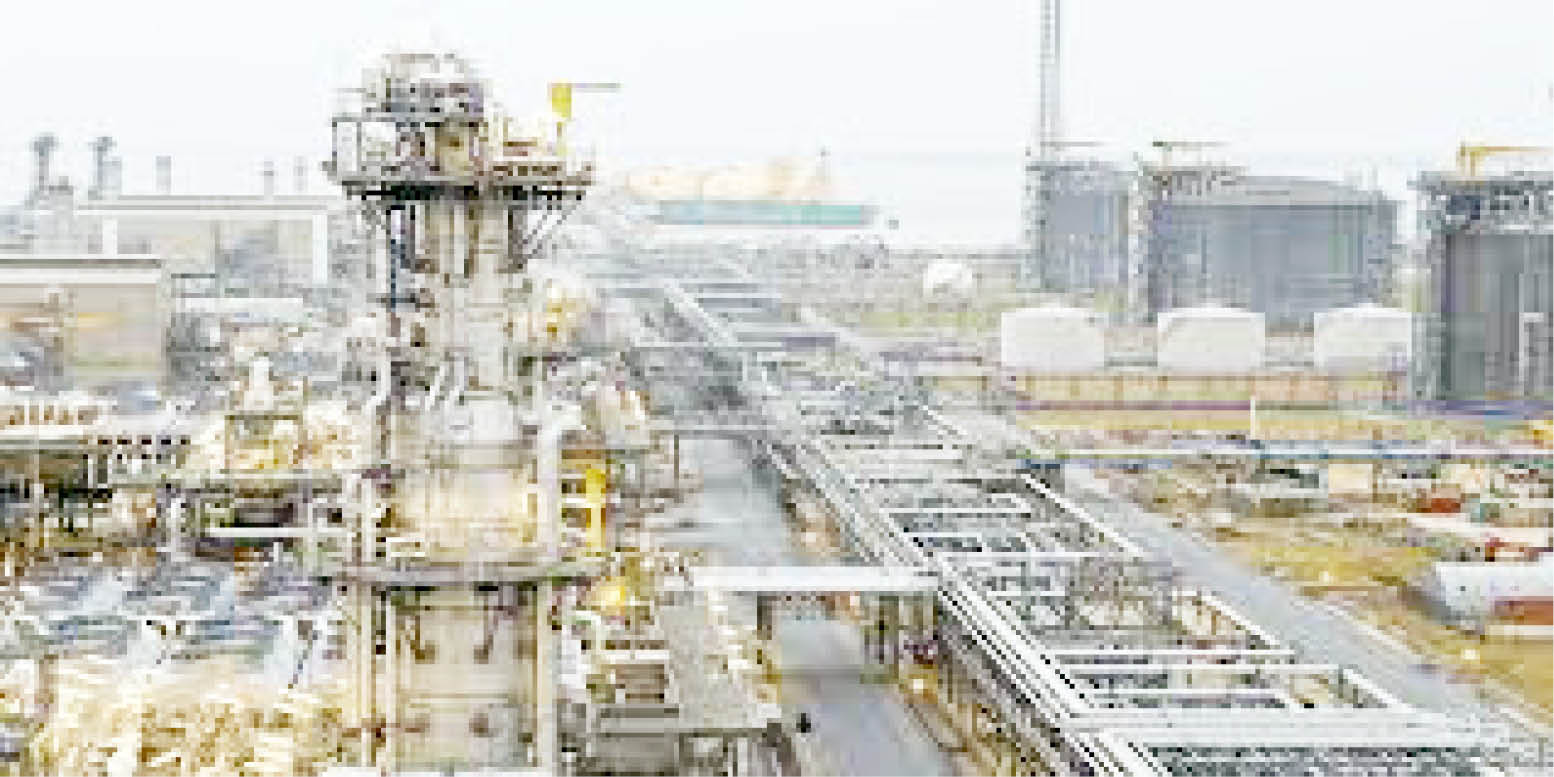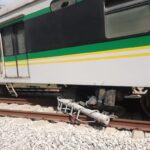The Nigeria Liquefied Natural Gas has always been conceived to have 12 trains but for years the project has been stock with six. Finally, the ground breaking for the 7th train has been done and our analyst looks at what this means for Nigeria and its massive gas reserves.
Nigeria took a giant step on the journey to harness the country’s abundant gas reserves with the flag off of the Train 7 expansion project of the Nigeria Liquefied Natural Gas Limited (NLNG) last Tuesday June, 15 by President Muhammadu Buhari.
It was indeed a milestone achievement for the NLNG and Nigeria as it had taken 14 years from 2007 when the sixth train was completed, to 2021 when construction of the Train 7 project finally flagged off.
In his address at the event, which was delivered virtually, President Buhari stated that the focus of his administration ‘’is to boost the development of Nigeria’s abundant gas resources, strengthen the gas value chain, develop the much needed infrastructure and enhance safe operations in the sector as encapsulated in the National Gas Policy of 2017.’’
President Buhari further announced that through the decade of Gas initiative which he recently launched, ‘’ Nigeria will be transformed into a major gas and industrial nation with gas playing the key role as revenue earner, fuel for industry and necessary feed for petrochemicals and fertilizer.’’
To the NLNG, this was indeed a moment to savour. It was at one time the fastest growing LNG company in the world and the third largest in global ranking behind Oman and Qatar. It also ranked as the best in terms of safety. But because its expansion did not progress as expected for it to surpass or maintain that position, it slipped down the pecking order.
In the 14 years that the NLNG expansion had been suspended, Nigeria lost the critical momentum to substantially reduce gas flaring with its negative environmental effects on the oil producing areas. It also denied the country the opportunity to earn more revenues from export of its gas products.
With 200 trillion cubic feet of natural gas reserves and another 600 million cubic feet as potential, Nigeria is often described as a vast ocean of gas with a drop of oil. Train 7 will hopefully open the way for trains 8, 9 and 10 which will make NLNG and Nigeria to reinforce its relevance in the global energy space.
Which is why Tony Attah, the Managing Director of the company was predictably exultant at the significance of the event. The flag off of the Train 7 project, he gushed, ‘’reinforces our global presence not only as a major supplier of LNG to the world market, but as a resilient player from the shores of Africa, precisely from Nigeria that has the propensity to weather imaginable and unexpected volatility pervading the sector globally and at home and to sustain a vibrant and reliable operation that guarantees our buyers cargoes, our shareholders dividends, our nation and our host communities rewarding social investment initiatives.’’
The significance of the Train 7 project to NLNG and Nigeria can be better appreciated in the numbers.
The project will inject some 12 billion dollars in foreign direct investment (FDI) and increase NLNG’s production capacity from the present 22 million metric tons to 30 million metric tons per annum, an increase of some 35 per cent.
The Train 7 project will also deepen NLNG’s market share globally and help retain its reputation as a reliable supplier of LNG products.
At the peak of construction at the NLNG plant site at Bonny Island, the project will employ some 12,000 persons directly and another 40,000 indirectly.
The project will also positively impact local content as 55 per cent of engineering activities as well as procurement will be sourced locally thereby substantially retaining in-country expertise through technical transfer.
For all its projected importance to Nigeria, the NLNG train 7 expansion was at one time almost doomed. Rather than progress the project leveraging on the already established facilities on ground at the NLNG plant in Bonny, previous administrations chose instead to contemplate establishing new green field LNG projects which baseline studies clearly indicated would have caused the country far more. Thus the Brass and OKNLNG projects, which were conceived more on political considerations, were given priority over NLNG Train 7.
The route to NLNG Train 7 only got less arduous with the coming of the Buhari administration. It was helped greatly by the fact that President Buhari in his appointment as Petroleum Minister under the General Obasanjo military administration knew and was part of the team that worked on the feasibility studies of the NLNG project from its conception period.
Indeed when the management of the NLNG paid him a courtesy visit upon his assumption of office in 2015, he had observed in his remarks that from his knowledge of the NLNG project, it was envisaged as a 12-train plant. On that occasion he had wondered why the NLNG was still stuck halfway with just six trains instead of 12.
With those remarks, a glimmer of hope was rekindled that the Train 7 project will eventually commence sometime in the life of the Buhari administration.
But developments in the global oil and gas markets notably the coming of the shale oil and gas which transformed the United States of America almost over-night from being the largest importer of the commodity to its largest exporter impacted negatively on NLNG. Not only did NLNG find itself out of the lucrative US market it had targeted, it also faced stiff global competition from the likes of Trinidad and Tobago in addition to Woodside of Australia, Oman, Qatar, Malaysia, Brunei etc.
The coming of the Covid-19 pandemic, which brought with it a severe downturn in the global oil and gas market, also added to the uncertainty.
But eventually this was not enough to deter NLNG’s shareholders who pressed on with the negotiations for the Train 7 project. In July 2019 the company’s shareholders NNPC, Shell, Total and Eni, chose the bid from a consortium of firms made up of Saipem of Italy, Chiyoda of Japan and Daewoo of South Korea (SCD) to build one complete train and common liquefaction facilities of 8 million metric tons per annum. The Final Investment Decision (FID) was taken by the shareholders in December 2019 and the Engineering, Procurement and Construction (EPC) was awarded finally to SCD in May 2020. The project is expected to be completed in four years.
Observers and experts on developments in the global hydro carbon industry reckon that as more and more strides are being made by countries around the world on efforts to move away from crude oil, gas is considered as one of the preferred alternatives. The flag off of the NLNG train 7 project is certainly a commendable step in the effort to maximise the benefits from our vast resources which should be supported by all the stakeholders in the sector.

 Join Daily Trust WhatsApp Community For Quick Access To News and Happenings Around You.
Join Daily Trust WhatsApp Community For Quick Access To News and Happenings Around You.


